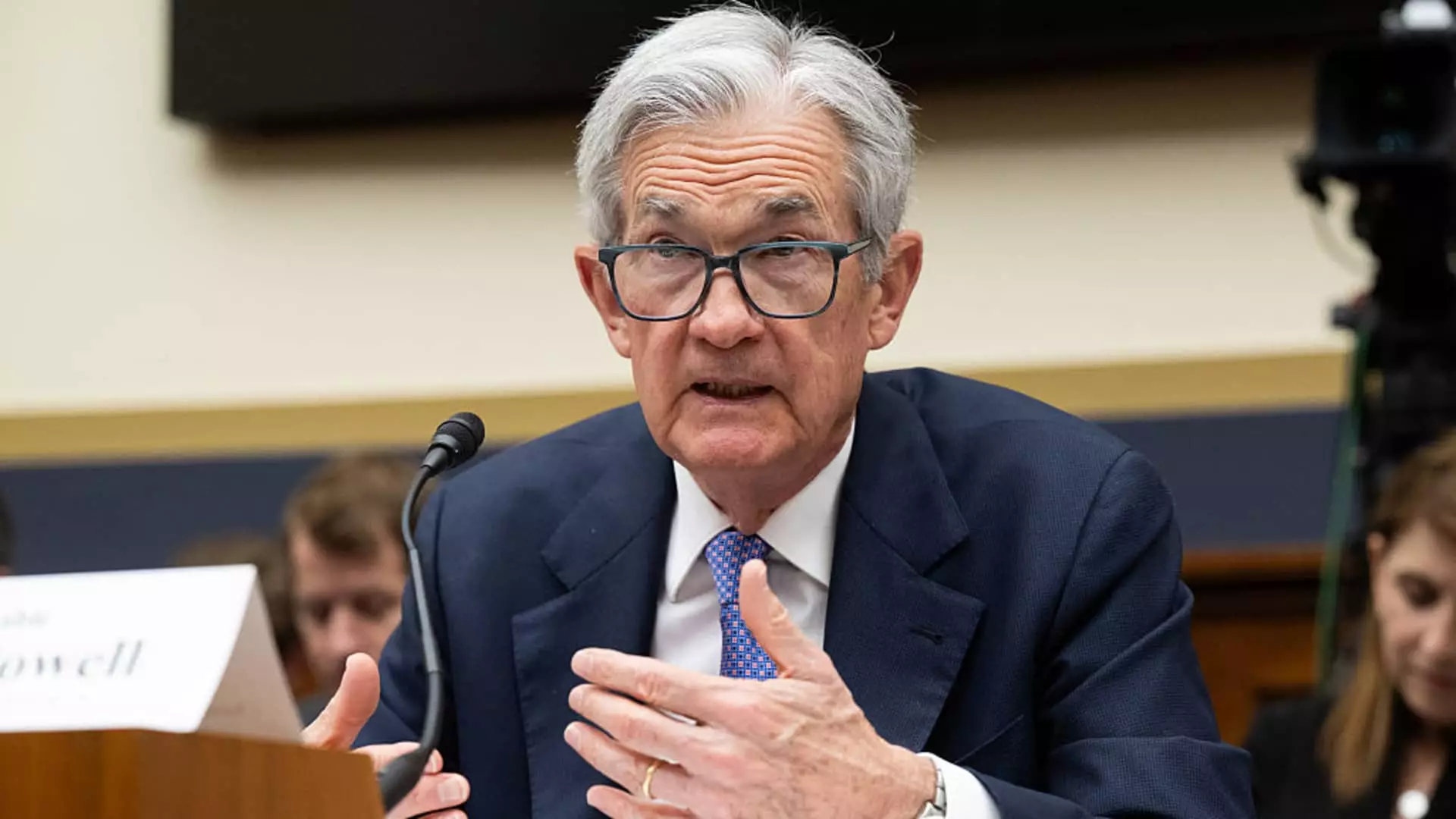Jerome Powell’s recent testimony highlighted a paradox that few dare to openly discuss: while the U.S. economy appears to be in a “solid” state, significant pressures threaten its long-term stability. Powell’s acknowledgment of the economy’s robustness should not lull us into complacency. Rather, it should compel us to examine the implications of the unique factors currently at play, such as President Trump’s tariffs. These measures, often romanticized as tools for national strength, could be undermining this very resilience by raising consumer prices and stoking inflation. The question that lingers is whether the administration is willing to engage in an honest dialogue about the unforeseen consequences of these policies.
Political Tensions and Central Banking: A Fragile Balance
Powell’s remarks, made before the House Financial Services Committee, expose an uncomfortable truth: the relationship between congressional leaders and the Federal Reserve is under significant strain. Trump’s public derision of Powell reflects a growing trend in which political leaders seek scapegoats in challenging economic times. By labeling Powell as a “very dumb, hardheaded person,” Trump not only diminishes the importance of the Fed’s independence but also jeopardizes the credibility of economic decision-making. In center-right liberalism, we ought to promote stability, and attacking our own financial architects may only serve to destabilize the environment we seek to foster.
The Art of Waiting: A Strategic Patience
In Powell’s thoughtful assertion that he and his colleagues are “well positioned to wait,” there lies an undeniable wisdom that is often overlooked in today’s fast-paced digital culture. The tendency for immediate gratification often clashes with the deliberate pace required for sound economic policymaking. The Fed is presented with an intricate puzzle, and jumping to conclusions can lead to disastrous outcomes. However, the ongoing indecisiveness from both the Fed and the administration signals a lack of coherent strategy that could ultimately harm American interests.
Tariffs: A Double-Edged Sword
President Trump’s tariffs were conceived as a bold move to bolster American manufacturing, but they are increasingly perceived as a hindrance to economic growth. Powell’s subtle hints at the ramifications of these policies reveal a tension that cannot be ignored. As inflation creeps up, the burden falls on American consumers, who are already feeling the squeeze of rising prices. If the administration genuinely prioritizes the welfare of its citizens, it would engage in a more transparent evaluation of these tariffs and their broader economic implications, steering the conversation towards sustainable growth rather than partisan posturing.
A Call to Rational Discourse
Ultimately, this testimony isn’t just about monetary policy; it’s a clarion call for a return to rational discourse in economics. As a society, we must demand accountability from both our political leaders and financial institutions. In an age where populism often overshadows thoughtful analysis, the path to a prosperous future hinges on our collective ability to engage in nuanced discussions about policy and its far-reaching effects. As we leave behind petty invectives and embrace constructive dialogue, we can create an environment where both the economy and its stewards thrive harmoniously.

